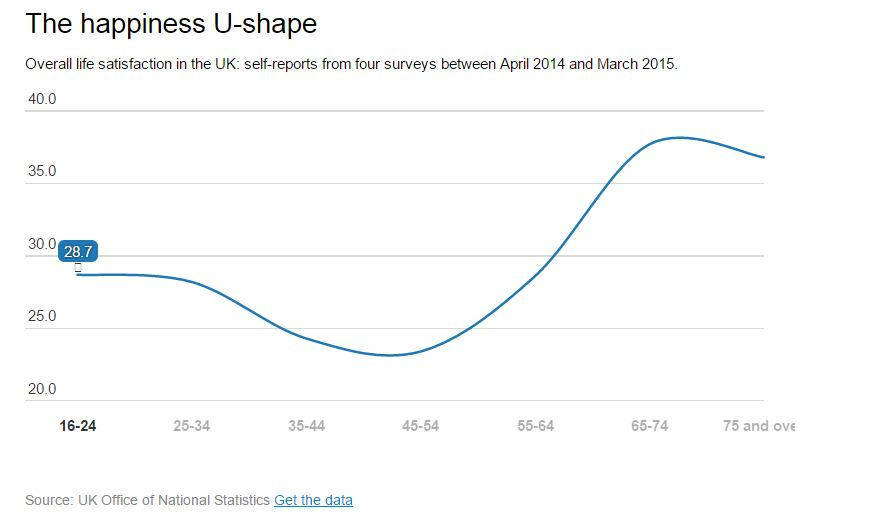"Not to put too glib a gloss on it: there is no denying that the rampant “spread of the movement” was “due to practical fruits,” as William James remarks affably in his 1902 lectures, The Varieties of Religious Experience. Perhaps it did not cure tuberculosis, but what James called “the religion of healthy-mindedness” could not have amassed such a sizable following if it did not help people cope with their daily frustrations. Admittedly, it was helpful only to those already disposed to pathological optimism: James joked that mind cure produced such a militantly cheerful attitude that “complaints of the weather are getting to be forbidden in many households.”
But different temperaments require different medicines, and “mind-cure gives to some of us serenity, moral poise, and happiness.” As for the rest of us, those burdened with what James terms a “sick soul,” darker stratagems (prime among them more traditional species of fire-and-brimstone fundamentalism) are available. Perhaps because my soul is sick, I cannot share James’s sanguinity about mind cure.
The most charitable thing I can say is that, from a certain point of view, its popularity is understandable. It at least purported to relieve—which meant it at least took seriously—many of the symptoms for which the establishment was equipped to offer nothing but condolences. As the historian Donald Meyer notes in his witty study, The Positive Thinkers, “Statistics on the incidence of diffuse dissatisfactions, unfixed discontent, vague depletion and free-floating unhappiness do not exist.”
We cannot know whether “nervousness” and “neurasthenia” are uniquely modern ailments, but we can and do know that they hardened into acknowledged conditions at the turn of the century. Medieval peasants may have been (indeed, almost certainly were) anxious and unfulfilled in their own way, but it was not until the late 1800s that malcontents understood their complaints as maladies in want of remedy..."
"All Things Are Too Small: Essays in Praise of Excess" by Becca Rothfeld: https://a.co/d9iUwJ4











